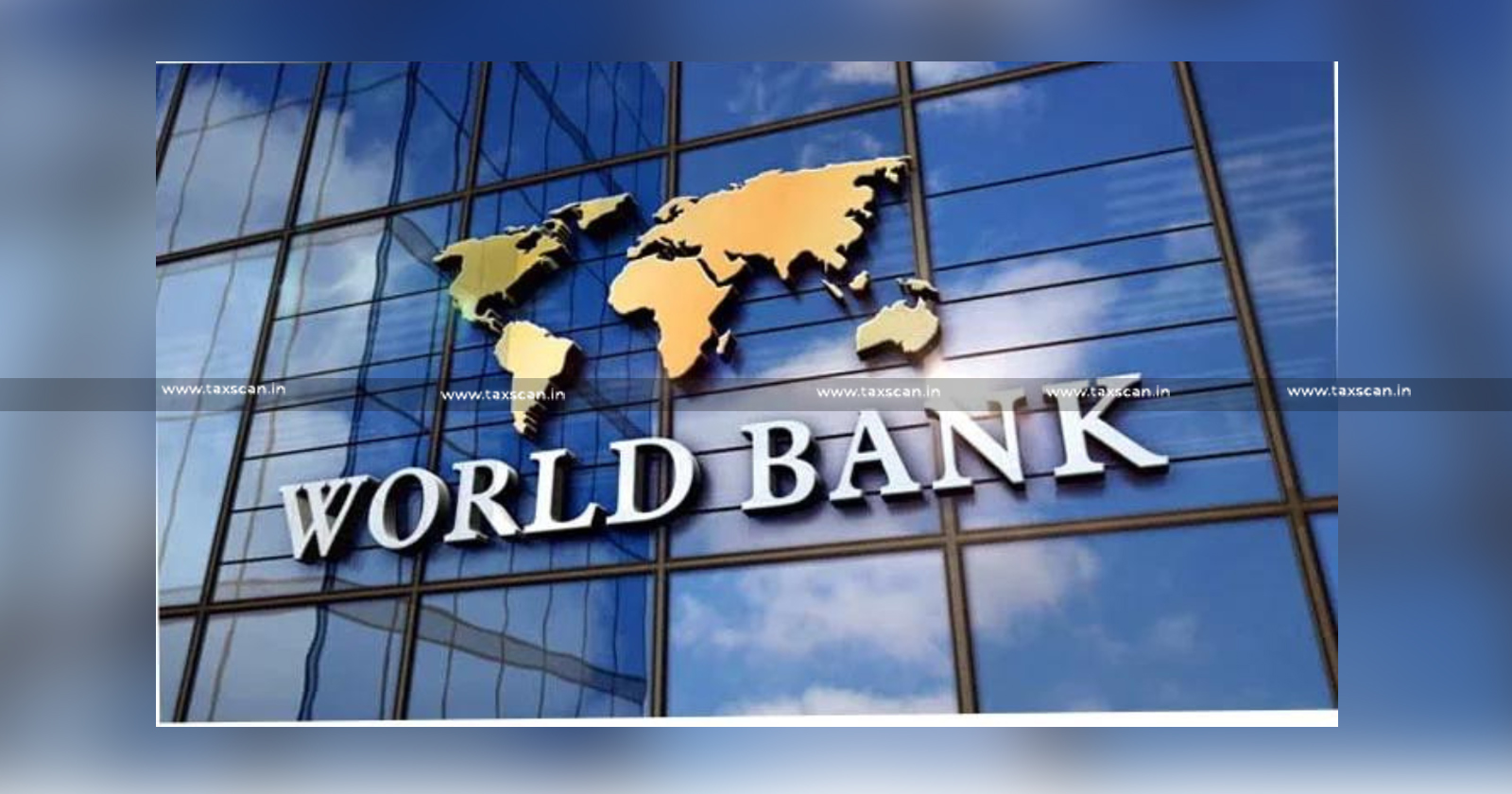World Bank praises India's Progress at Digital Public Infrastructure including UPI initiative in G20 Document

World Bank praises India’s Progress – World Bank- Digital Public Infrastructure including UPI – UPI- Digital Public Infrastructure- G20 Document – taxscan
World Bank praises India’s Progress – World Bank- Digital Public Infrastructure including UPI – UPI- Digital Public Infrastructure- G20 Document – taxscan
The document drafted by the World Bank concerning the G20 Global Partnership for Financial Inclusion has praised India for the Digital Public Infrastructure (DPI), which encompasses initiatives like the UPI. DPI has brought about a profound and far-reaching change in India, going well beyond its impact on inclusive finance.
The document emphasized the innovative actions carried out by the Central Government and underscored the crucial influence of government policies and regulations in moulding the Digital Public Infrastructure (DPI) framework.
With regards to UPI, more than 9.41 billion transactions valuing about Rs. 14.89 trillion were transacted in May 2023 alone. For the fiscal year 2022–23, the total value of UPI transactions was nearly 50 percent of India’s nominal GDP.
Also stated that over the past ten years, India has constructed one of the largest digital Government-to-People (G2P) infrastructures globally by utilizing DPI. This strategy has facilitated the transfer of approximately $361 billion directly to recipients across 53 Central government ministries, spanning 312 major programs. As of March 2022, this initiative has led to cumulative savings of $33 billion, equivalent to nearly 1.14 percent of the country's GDP.
The world bank stated that the implementation of DPI in India has improved efficiency for private enterprises by simplifying business operations, reducing expenses, and shortening the time required for various tasks.
Notably, some Non-Banking Financial Companies (NBFCs) have experienced an 8% increase in the conversion rate for Small and Medium-sized Enterprises (SME) lending, a 65% reduction in depreciation costs, and a 66% decrease in expenses related to fraud detection. Industry estimates suggest that the cost for banks to onboard customers in India has decreased significantly, from $23 to just $0.1, thanks to the utilization of DPI.
Further, the Account Aggregator (AA) Framework in India is designed to enhance the country's data infrastructure. It allows individuals and businesses to share their data with others only after obtaining their explicit consent through an electronic consent system.
This framework is overseen by the Reserve Bank of India (RBI). As of June 2023, a total of 1.13 billion accounts have been authorized for data sharing, and there have been 13.46 million cumulative consent requests.
Further noted that India Stack has digitized and streamlined Know Your Customer (KYC) processes, resulting in cost reductions. The Banks that have implemented e-KYC have reduced their compliance expenses from $0.12 to $0.06. This cost reduction has made it more appealing for banks to serve lower-income clients, leading to increased profitability and the ability to invest in the development of new products.


